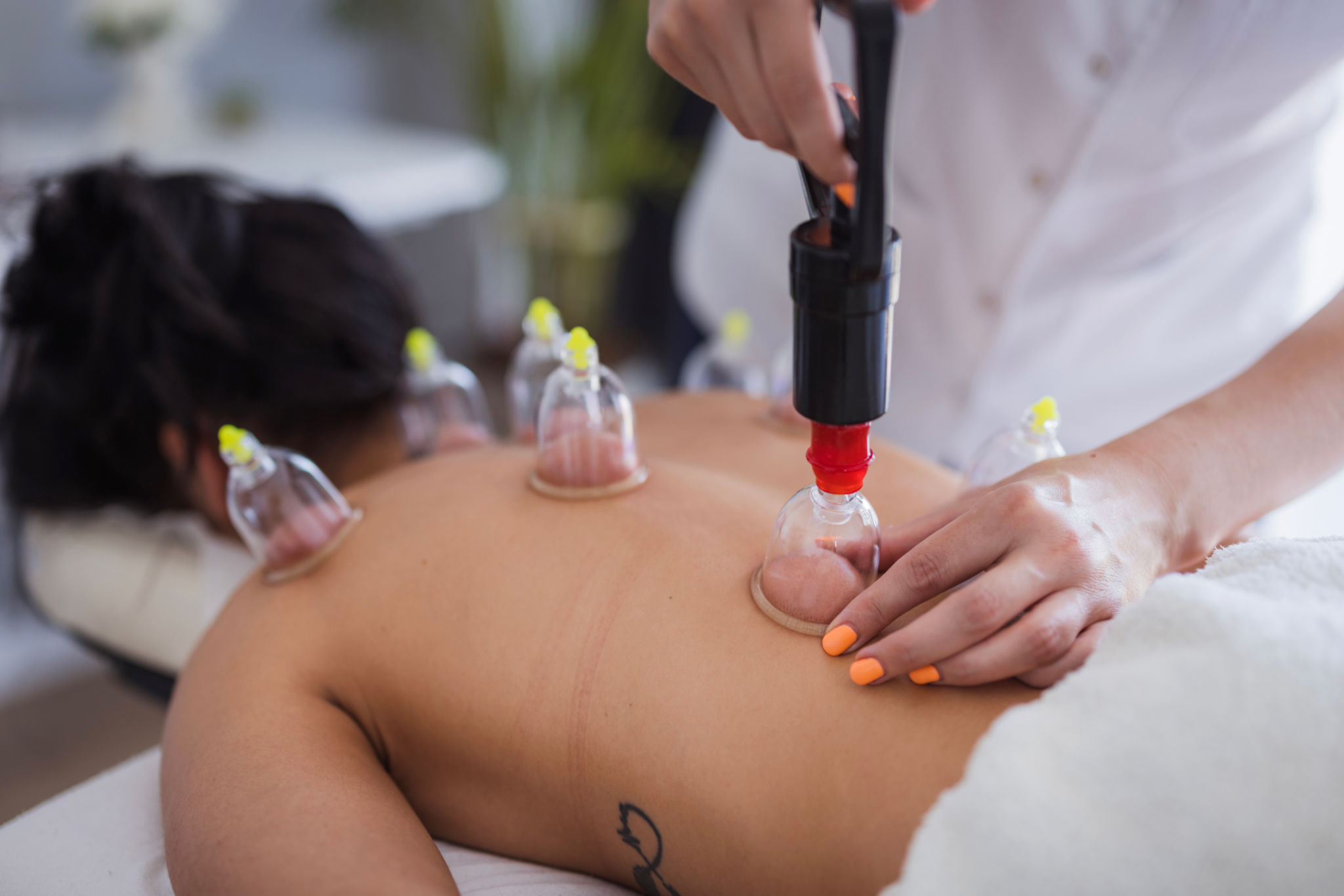Understanding Holistic Addiction Recovery: Insights from Dr. Hung Le
Exploring Holistic Addiction Recovery
In recent years, holistic addiction recovery has gained prominence as an effective approach to overcoming substance abuse. Unlike traditional methods that focus solely on the physical aspects of addiction, holistic recovery addresses the mind, body, and spirit. This comprehensive approach ensures that individuals receive well-rounded care that supports long-term sobriety and overall well-being.
Dr. Hung Le, a renowned expert in holistic addiction recovery, emphasizes the importance of treating the whole person rather than just the symptoms of addiction. By integrating various therapeutic modalities, individuals can achieve a balanced state of health that fosters sustainable recovery.

The Principles of Holistic Recovery
Holistic addiction recovery is built on several key principles. Firstly, it acknowledges the interconnectedness of physical, emotional, and spiritual health. This means that to truly recover, individuals must nurture all aspects of their being. Secondly, it promotes personal empowerment and self-awareness, encouraging individuals to take an active role in their healing journey.
Dr. Le highlights the significance of personalized treatment plans. By tailoring interventions to meet the unique needs of each individual, holistic recovery programs can address the root causes of addiction and support comprehensive healing.

Integrating Mindfulness and Meditation
One of the core components of holistic addiction recovery is the integration of mindfulness and meditation practices. These techniques help individuals cultivate a sense of presence and self-awareness, allowing them to manage cravings and reduce stress effectively. Dr. Le advocates for regular mindfulness exercises as part of a daily routine to enhance emotional regulation and mental clarity.
Research has shown that mindfulness practices can significantly decrease relapse rates by helping individuals develop healthier coping mechanisms. These practices empower individuals to remain grounded and focused on their recovery goals.

Nutritional Support and Physical Wellness
Nutritional support plays a crucial role in holistic addiction recovery, as a well-balanced diet can aid in repairing the body’s systems damaged by substance abuse. Dr. Le stresses the importance of incorporating nutrient-rich foods to restore physical health and boost energy levels. A well-nourished body is better equipped to handle the challenges of recovery.
Additionally, regular physical activity is encouraged to improve mood and reduce anxiety. Exercise releases endorphins, which are natural mood enhancers, helping individuals feel more positive and motivated throughout their recovery journey.
The Role of Community and Support Networks
Building a strong support network is essential in holistic addiction recovery. Dr. Le underscores the value of community involvement and peer support groups in maintaining sobriety. These connections provide a sense of belonging and accountability, which are vital for lasting recovery.
Many holistic programs offer group therapy sessions, where individuals can share their experiences and learn from others facing similar challenges. This communal aspect fosters a supportive environment where individuals can thrive.

Conclusion: A Path to Lasting Recovery
Understanding holistic addiction recovery through insights from experts like Dr. Hung Le reveals a path to healing that is comprehensive and sustainable. By addressing the physical, emotional, and spiritual dimensions of addiction, individuals are more likely to achieve lasting recovery.
The journey towards sobriety is unique for everyone, but with a holistic approach, individuals can find balance and fulfillment in their lives beyond addiction.